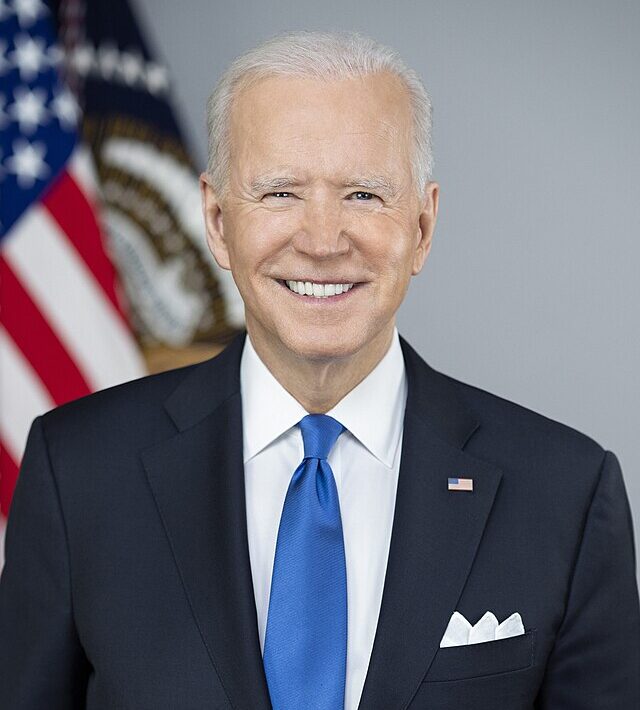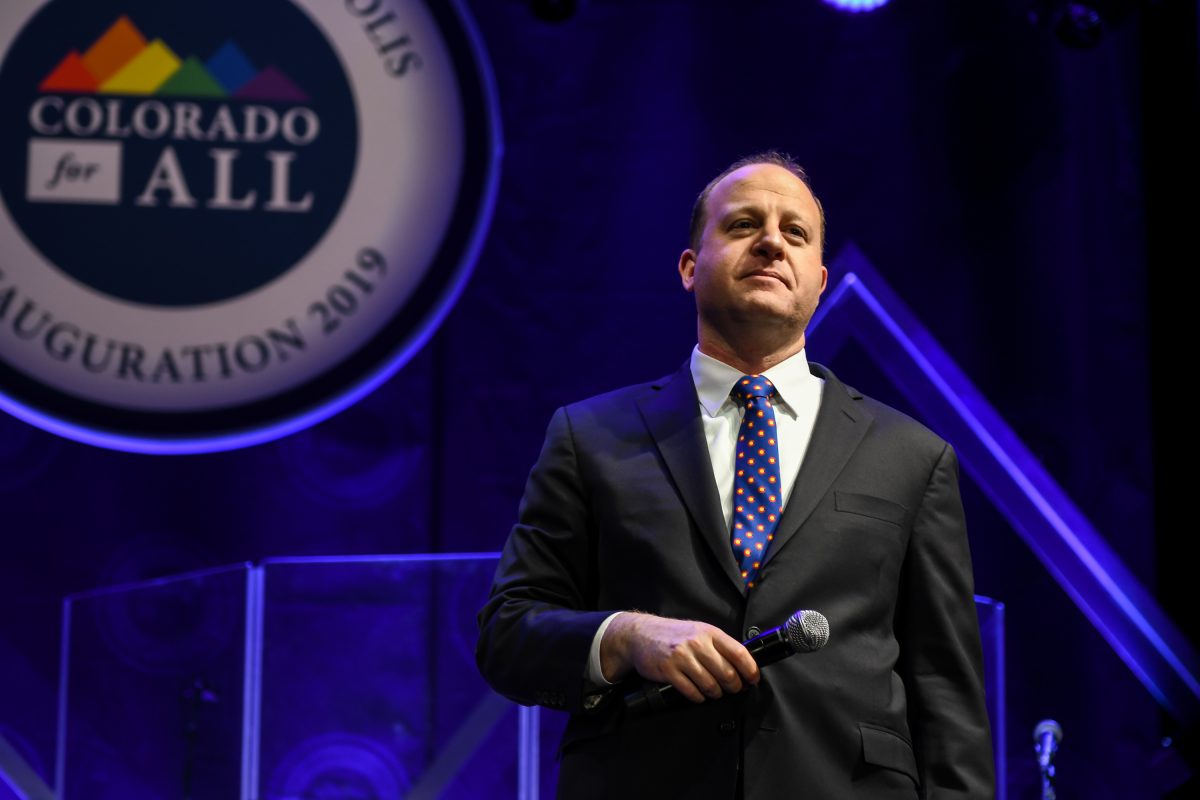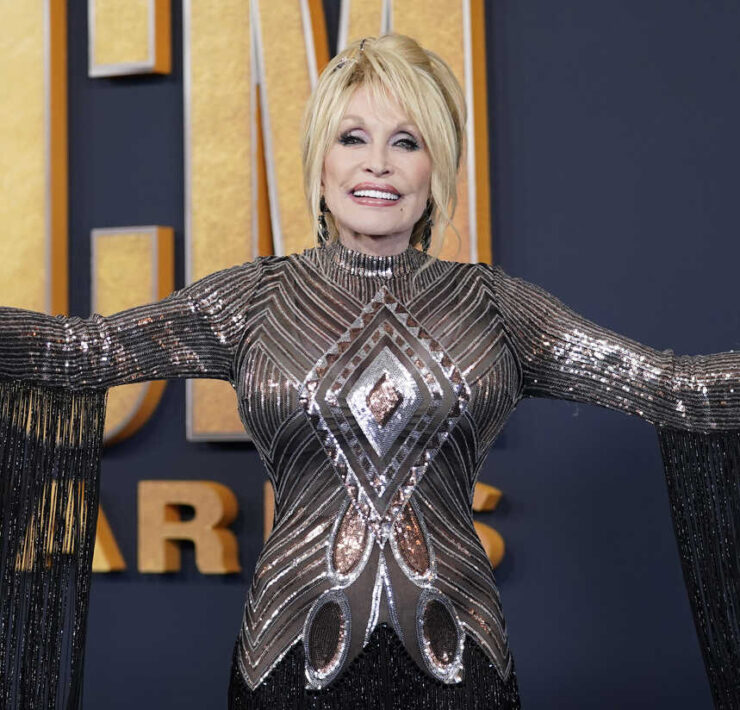The Third-Party Effect

How did alternative candidates influence the election? What was the point?
We all watched as states turned red or blue on election night, giving Electoral College votes to Donald Trump and Hillary Clinton. However, not everyone voted Republican or Democrat. Of more than 130 million votes cast Nov. 8, roughly 5 percent went to alternative parties, mostly the Libertarian and Green parties.
Candidates for those parties didn’t come close to winning any electoral votes, but how did they affect the election? And what’s the point if not the presidency?
Scott McLarty, media director for the Green Party, says the presidency is a goal, but “we’re realistic.”
“One of the major reasons we run presidential campaigns is they help promote local campaigns,” McLarty explains. He reminds us that the Green Party is a grassroots effort and while the platform could be fully executed by a Green Party president, many goals of the party could be accomplished by more candidates winning offices at the state and federal levels.
Similarly, the Libertarian Party wants to increase its following. “The biggest thing is we get the word out,” says Wayne Harlos, vice chair of the Colorado Libertarian Party.
How They Fared
Colorado was one of nine states that gave the Libertarian ticket at least 5 percent of its vote. However, six of those states gave its Electoral College votes to Trump — each by wide margins over Clinton. “We’re excited about it,” Harlos says about collecting slightly more than 5 percent of the vote in Colorado. He notes that the Libertarian Party was started in Colorado in the early 1970s and maintains a strong base here.
“We just keep collecting [members] here,” Harlos says. The Green Party garnered 1.37 percent in Colorado and 1 percent nationwide. “I think a lot of us were disappointed, but given the contest between Clinton and Trump … it was not a surprise,” McLarty says.
McLarty says 1 percent is still an accomplishment given voters in three states couldn’t vote for the Green Party because it wasn’t allowed on the ballot or as a write in.
Momentum & Platform
“He still got a lot of press — a lot of press for a third party,” Harlos says of Gary Johnson’s campaign. Harlos says outreach is a major goal. He notes that the Libertarian Party had a presence at the past two Pride Fests in Denver.
Harlos explains the Libertarian Party is not in the middle, rather extremes both right and left with a focused view on constitutional rights and personal liberties. Harlos believes that aligns with the LGBT community. “We don’t believe the government should be involved in marriage at all,” Harlos says.
The basic tenet of the Libertarian Party is that people should be able to do what they want as long as it doesn’t hurt someone else.
“Go about life as one sees fit,” Harlos explains.
McLarty says he doesn’t have a problem with people voting for other parties if they’re voting for a platform that aligns with their beliefs. However, he feels many voted Libertarian just to avoid voting Republican or Democrat.
“Our impression was a lot of people voted for the Libertarian Party without knowing what it stands for,” he says.
The Green Party, in addition to a strong focus on the environment and climate change, is — in general — in favor of civil liberties. “The Green Party will be out front in defending the rights of LGBT [people] as well,” McLarty says.
McLarty says the Green Party differs from Libertarians on giving power to businesses.
Spoilers?
“People who continue to blame Jill Stein need to learn some arithmetic,” McLarty says. There’s no way to know for sure that if Jill Stein and Gary Johnson weren’t on the ballot, how those voters would have cast: Trump, Clinton, another alternative party, or not at all. “Even if every Green voter had voted for Clinton, the number of electoral college votes … wouldn’t have … elevated her to victory,” McLarty points out.
At last check, Trump held a 290–232 lead over Clinton in Electoral College votes despite Clinton holding the popular vote. The closest margin was 0.27 percent (13,107) votes for Michigan’s 16 electoral votes that go to Trump. There were several states including Florida, Pennsylvania, and Wisconsin that came down to 1–2 percent. All alternative party votes combined accounted for more than the gap between Clinton and Trump.
“I was dismayed that Trump won the presidency,” Ryan Fuchs says. “I felt it reflected badly on the character of the average American citizen.”
Fuchs, 39, of Arvada, voted for Johnson/Weld.
“Had there not been a Libertarian on the ballot this election, I would have withheld my vote for president,” Fuchs explains via email. “Normally I lean right, though.”
Fuchs says the third-party votes don’t influence the election.
“While it’s true that had [the] third party [voters] voted for Clinton, she would have won, third parties heard the same thing when Obama was elected: that we should have voted for Romney,” Fuchs writes. “People automatically assume that if you don’t vote third party, you’d automatically vote for their candidate.”
Fuchs says the Libertarian Party more closely resembles his ideals as a voter. He opposes big government, which he feels Clinton and Trump both represent.










